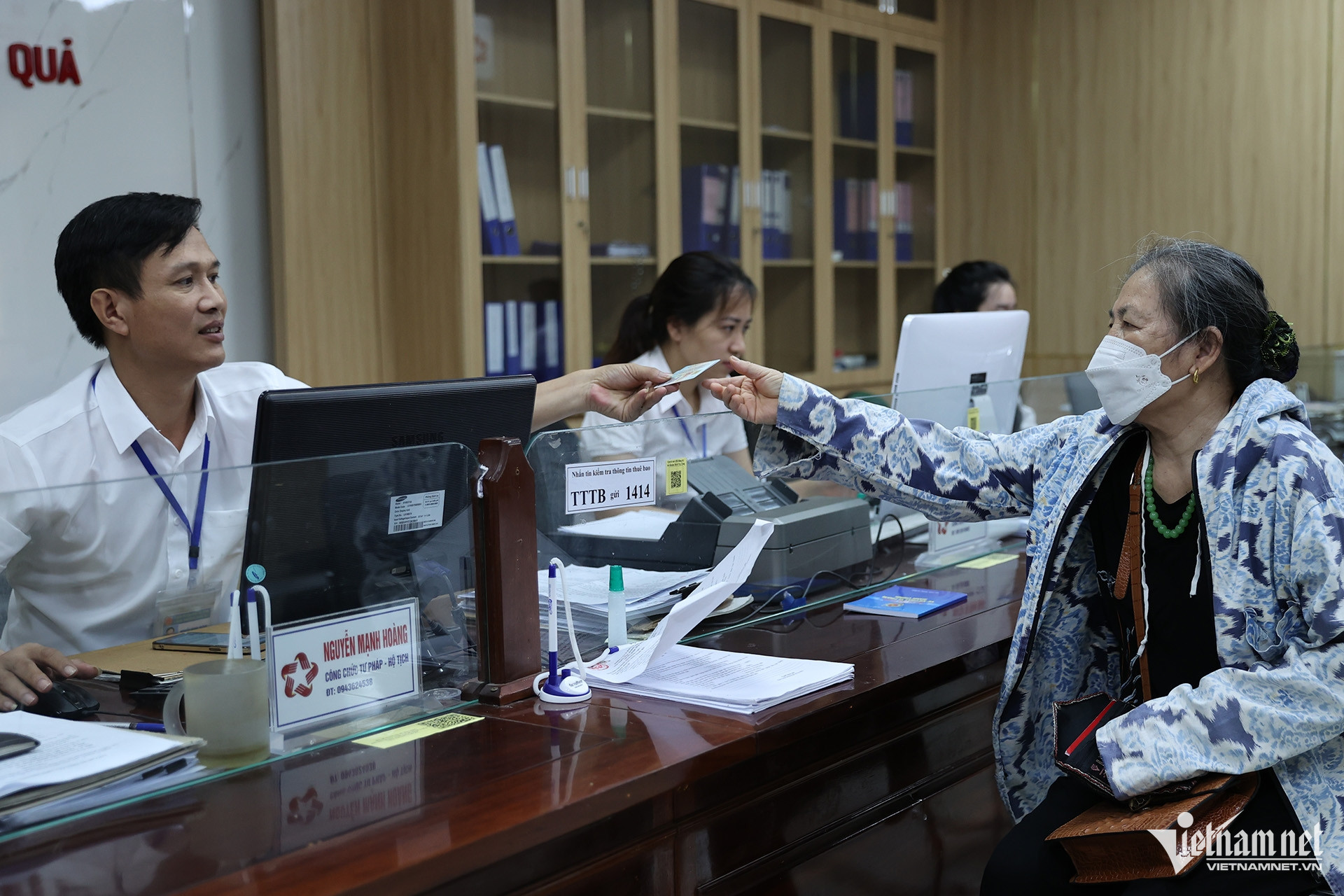The Ministry of Home Affairs is being called upon to urgently issue, or advise authorities to issue, regulations to protect 55 young intellectuals from dismissal amid commune-level administrative restructuring.
Advocates are also pushing for their expedited recruitment into the civil service for those who have completed their assignments in accordance with policy.
Several members of the national “500 Young Intellectuals” program shared that despite undergoing rigorous selection processes under close supervision from the Ministry of Home Affairs, many of them are still required to retake the civil service exam (where quotas are available) to gain official positions.
This is contrary to Resolution 136, which states that team members who successfully complete their duties should be directly admitted.
Requiring them to sit for the civil service exam would effectively treat them as unranked candidates, similar to part-time staff, receiving only a marginal 2-point advantage.
Localities cite lack of quotas

The main reason for the delay in appointing the 55 remaining team members, according to local authorities, is a lack of staffing quotas.
In Hoa Binh Province, for example, officials planned in November 2024 to recruit the remaining 10 team members in 2025. However, the province halted recruitment of all civil servants - including the intellectual program candidates - following Politburo directives to streamline the administrative apparatus.
According to the province’s communication with the Ministry of Home Affairs, the total civil servant allocation for district- and commune-level agencies in 2025 is 4,412 (including 10 program participants). After the administrative unit restructuring, each commune or ward is expected to have 59 positions. Hoa Binh will have 46 communes and wards post-restructuring, with an anticipated quota of around 2,714 civil servants. As a result, approximately 1,698 staff members may be rendered redundant.
Bui Van Tuyen, a team member from the program currently working at the People’s Committee of Tan Minh Commune in Da Bac District, Hoa Binh Province, said each province received thousands of applications when the initiative began. After rigorous screening, 400–800 applicants in some provinces competed for only 10–30 slots. Selected team members underwent months of training and real-world experience at grassroots administrative units before being officially assigned.
All successful candidates are university graduates with degrees relevant to their assigned tasks, demonstrating that the program was conducted with serious, comprehensive selection and training.
Tuyen emphasized that the 55 remaining participants should be placed in the system without delay. Once appointed, he said, they are ready to compete fairly and prove their capacity alongside existing civil servants - if only given the chance, rather than being eliminated before they can begin.
Ministry of Home Affairs’ responsibility

Speaking with VietNamNet, National Assembly delegate Le Hoang Anh from Gia Lai Province expressed deep concern that 55 members of the 500 Young Intellectuals program, after more than a decade working in remote areas, are still not officially appointed - despite directives from the Prime Minister.
“This is not just the story of 55 individuals. It highlights broader issues in attracting young, talented, well-trained personnel to public service - especially in difficult areas where few are willing to go,” he stressed.
He added that this situation could undermine public confidence in policies aimed at recruiting talent and encouraging university graduates to volunteer in remote and disadvantaged areas.
To address this, he proposed that the Ministry of Home Affairs promptly issue or advise relevant authorities to issue regulations ensuring these individuals are not subject to downsizing. Those who successfully completed their assignments should be given special recruitment status in accordance with existing rules.
“The Ministry should also establish a working group to monitor implementation with clear deadlines, ensuring transparency and effectiveness, and hold accountable any individuals or organizations responsible for this situation,” Hoang Anh stated.
Nguyen Thao